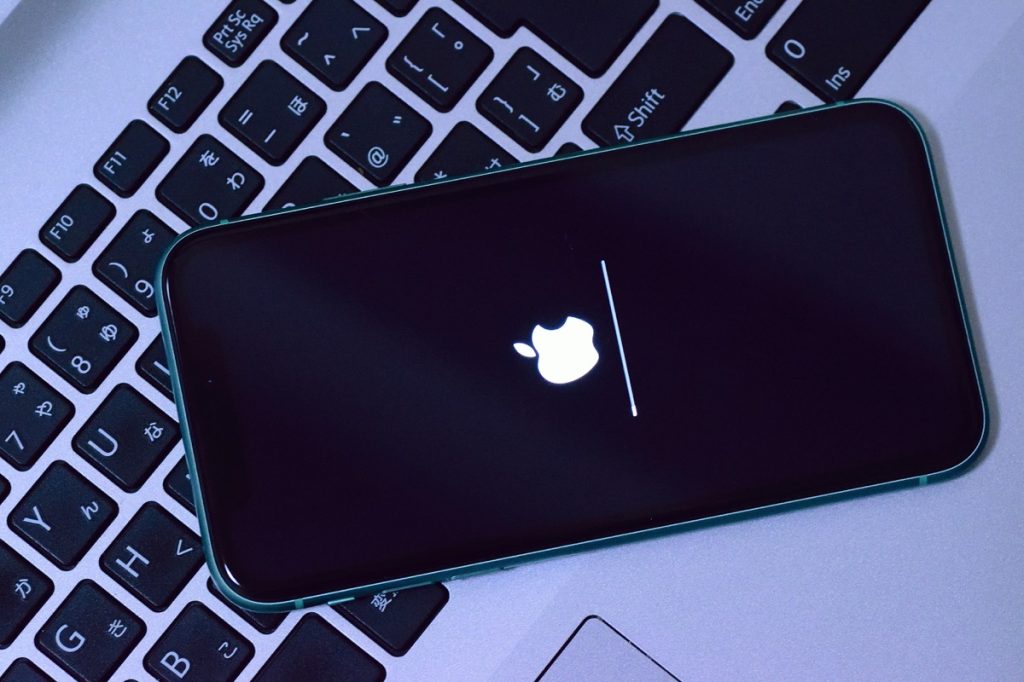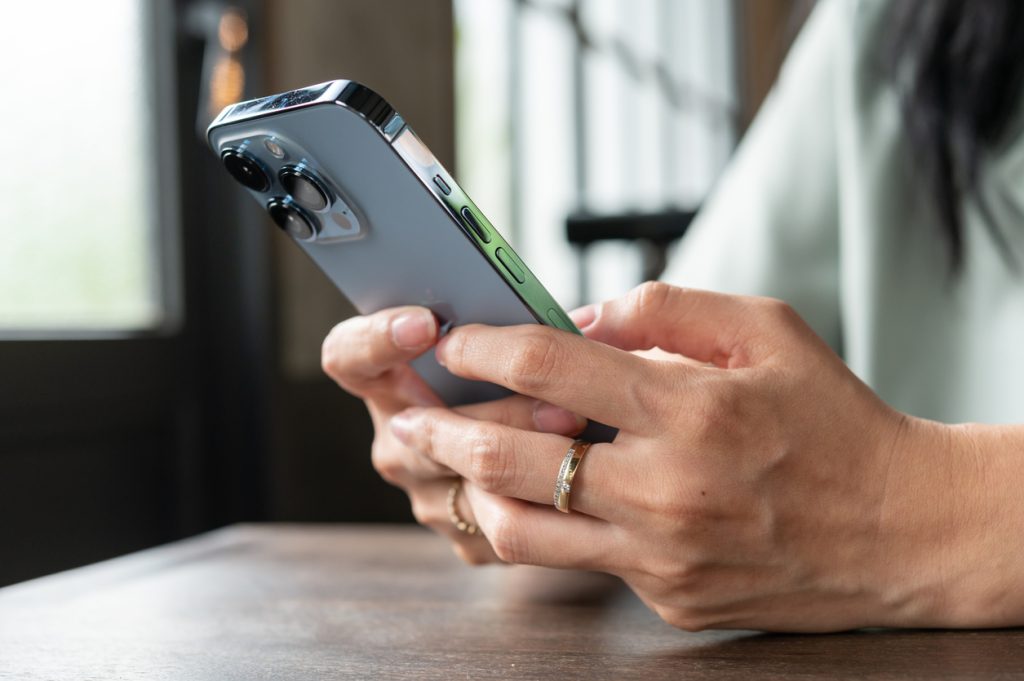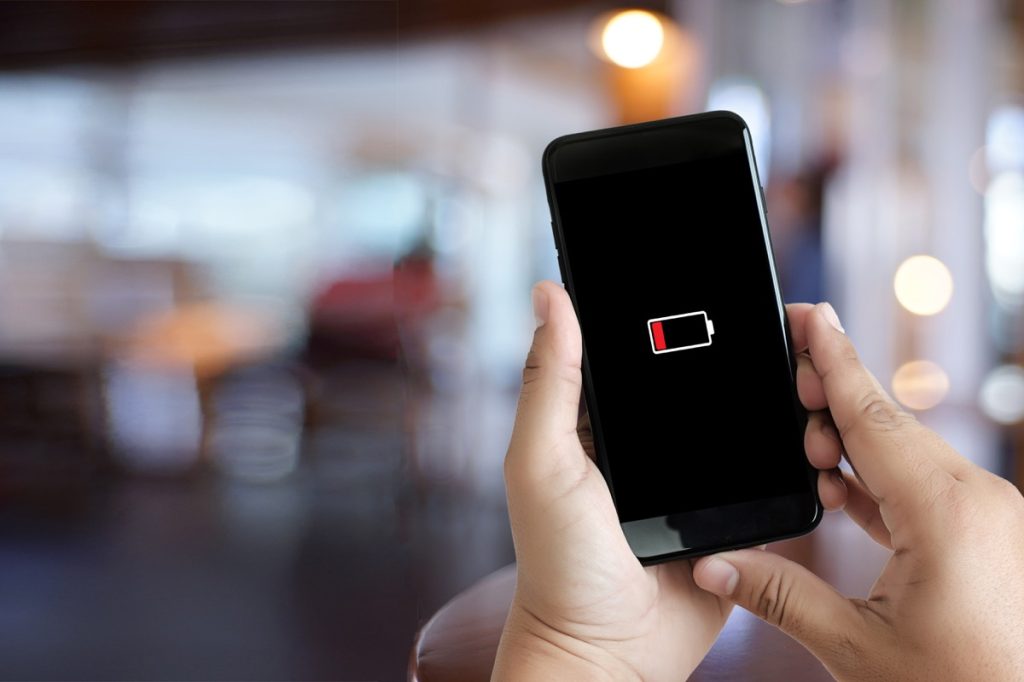When Do You Need to Replace Your Smartphone? Experts Weigh In

These days, we can use the smartphones in our pockets to listen to music, pay for groceries with just a tap, and everything in between. These devices have also become more durable over time and can last quite a while, even if they may require servicing every so often. Purchasing or leasing a new smartphone is a big commitment, so it’s understandable if you don’t see the issue in holding on to your old one, especially if it’s paid off. But you don’t want to find yourself in a situation where you need access to your device only to find that it’s not properly functioning. So we asked tech experts when it’s time to replace your smartphone and all the signs to look for.
“In a recent report, we found that consumers spend an average of four hours and 25 minutes a day looking at their phone screens,” says Tim Tincher, staff researcher at Reviews.org. “Because smartphones play such a big role in connecting us to the outside world, you can imagine how isolating it would feel to deal with an older phone that can’t keep up with notifications, app updates, or a battery charge that doesn’t last much longer than after your lunch break.”
Wondering if you’ve held on to your phone for too long? Read on to hear what experts say are the top indications it’s time for an upgrade.
RELATED: How to Reduce Your Screen Time, According to Experts.
1
It stops receiving software updates.

You may not realize how often they happen, but your smartphone regularly receives software updates. Some may add major new features to your device, while others patch up security flaws. If you keep using yours for too long, you might wind up losing this benefit.
“A phone is usually supported by the operating system for about five years on average, with all of the included security updates,” says Steven Athwal, CEO and founder of The Big Phone Store.
He explains that outdated models don’t get serviced but should be looked at on a case-by-case, user-by-user basis.
“If the device is used for very basic things like streaming and watching YouTube, then updates and replacing the device are often irrelevant. But suppose it has become your life source—possibly as your banking and payment option. In that case, you must ensure that your phone receives the latest updates possible for those security purposes,” he suggests.
2
You’re missing out on important new features.

Even though tech companies love to make splashy announcements about the enhanced capabilities of their latest models, not every release is a home run. Still, if you’ve held on to your phone for the better part of a decade, you’re likely missing out on some features that could make your life easier.
“As a tech expert, I recommend replacing your smartphone when it’s several generations old,” says Rajesh Namase, a tech blogger and co-founder of TechRT. “While you can fix some hardware issues on older models, gaining modern features like tap-to-pay and better camera capabilities can make the user experience a lot better.”
RELATED: 6 Things You Never Knew You Could Do With Your Smartwatch.
3
It costs too much to fix—and you can still get money for trading it in.

In recent years, phones have been improved to recover from drops and water damage. However, as issues mount, they can become costly to maintain.
“While repairing these issues is always an option, if your phone has several problems at once, the hassle and expense of fixing everything might not be worth it,” says Dan Quick, president of Mobile Klinik. “Upgrading a new phone may seem more desirable than repairing several issues simultaneously, however, this tends to come at a high cost.”
He says that if the phone has only one pertinent issue, it’s likely still worth some cash value. In this case, consider trading it in while it still has some functionality.
“By bringing it to a reputable trade-in store, you can choose an upgrade from certified pre-owned devices that meet your needs, and whatever value your old phone still holds will be given to you with a credit to put toward a new device,” he says.
4
It’s suffering from battery life issues.

Everyone knows that batteries deteriorate over time. Instead of living tethered to your charger and an outlet, consider swapping out your phone if it’s getting up there in age and its battery problems could be related to other longevity issues.
“Many people think they must replace their devices only when their battery health has decreased. However, I also recommend replacing your device if it has suffered serious damage through severe impact or liquid ingress,” says Athwal. “If you catch it early enough, it can be repaired, but the device itself may never be the same.”
RELATED: Is Venmo Safe? How to Protect Yourself and Your Funds.
5
You’re having trouble staying connected.

Your phone is only as good as its ability to communicate. Over time, its ability to complete even this most basic function can deteriorate and make it harder for you to use your device when you need it most.
“If your phone has persistent network connectivity issues, such as issues with Wifi or Bluetooth, this can be a sign of hardware failure,” Athwal tells Best Life. “Newer accessories and networks (5G) may not support older devices, so this could be a good sign to upgrade.”
6
You’re running out of space.

There’s nothing worse than going to snap a photo during a priceless moment, only to find that your available memory is too low to store the image. Experts say you should take this as a sign it’s time to upgrade your device.
“Suppose your phone’s storage is frequently full, and you’re bothered by pop-up messages recommending purchasing additional storage or deleting items,” says Athwal. “In that case, it may be a good sign that you need a phone with a bigger storage capacity.”
7
It’s too frustrating to deal with.

Ultimately, there are dozens of different problems that can plague an aging piece of technology. But when it comes to something you use every day and for a variety of functions, it’s probably in your best interest to save yourself the grief and get a new model.
“A phone that can’t keep up with your daily needs—especially one with slow working speeds—can also make you less productive and irritable,” says Namase. “You should consider upgrading your device if it puts your safety at risk or doesn’t work with the way you live. This way, you can stay safe and enjoy the newest technology.”